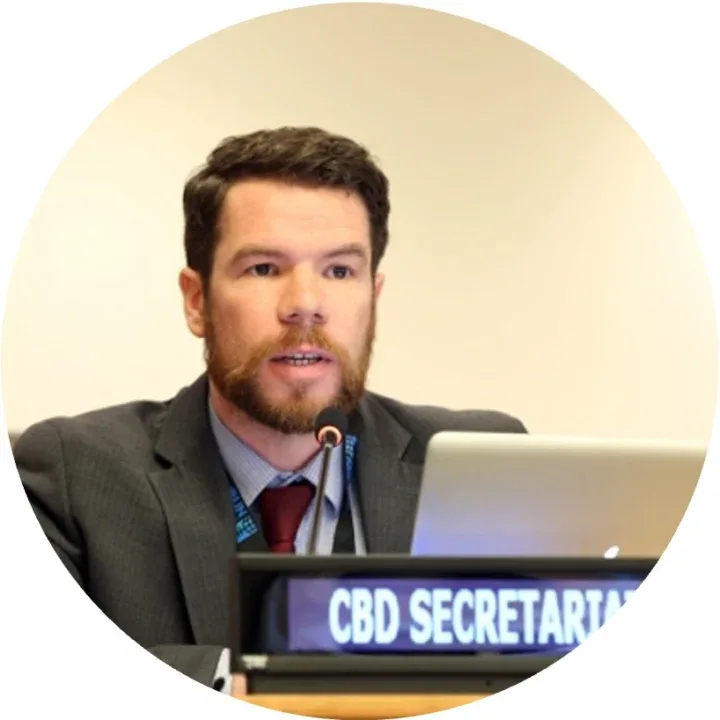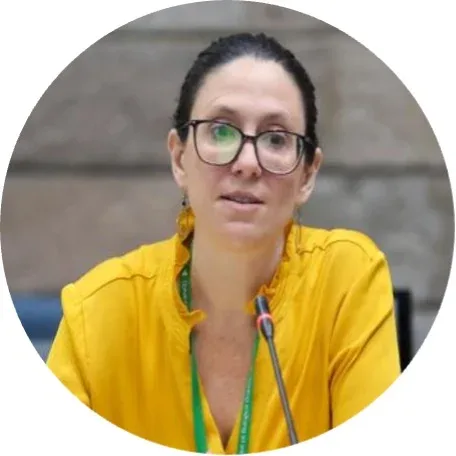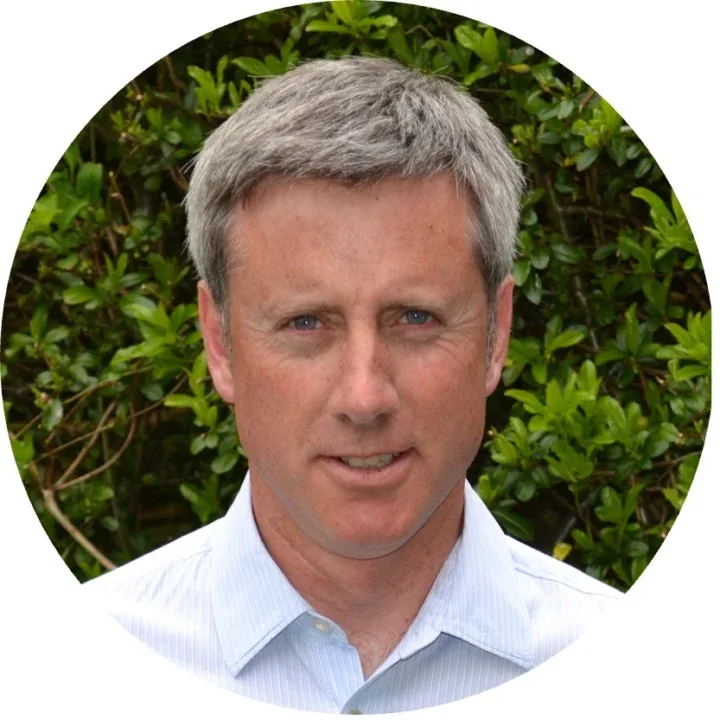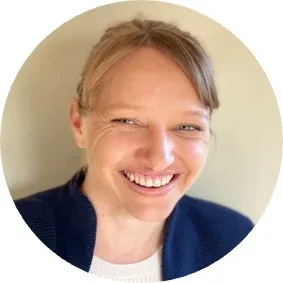Meetings Other Relevant Events


Integrating coral reefs into National Biodiversity Strategies and Action Plans (NBSAPs)
ICRI recently released a “Guide for integrating coral reefs and associated ecosystems into NBSAPs”, accompanied by 3 case studies from the Philippines, Palau and France. Integrating coral reefs into NBSAPS is crucial for their conservation, protection, and restoration, especially in light of the recent announcement by NOAA and ICRI regarding the fourth global coral bleaching event. The webinar aims to support the implementation of the guidelines – equipping coral reef countries with the knowledge and tools necessary to effectively integrate coral reefs into their NBSAPs, in turn supporting the implementation of the Kunming-Montreal Global Biodiversity Framework (GBF). Over the 90 minutes, speakers will showcase the guidance and its contents, including the 3 case studies, as well as financial support for the implementation of NBSAPs and the NBSAP Forum.
The guidance, case studies and summary are available to download here: https://icriforum.org/documents/icri-coral-reefs-nbsaps/
The meeting will be recorded.
English with French and Spanish Interpretation
Should you have any questions or need more information, do not hesitate to contact the ICRI Secretariat
Tuesday 7th May 2024
Agenda
Welcome and Overview
Margaux Monfared, ICRI Secretariat
Welcoming Remarks
Joseph Appiott, Secretariat of the Convention on Biological Diversity
Introducing a Guide to integrating coral reefs into National Biodiversity Strategies and Action Plans (.pdf)
Simon Harding, International Coral Reef Society
Case Study 1: French Overseas Territories (.pdf)
Antoine Pebayle, Ministry for the Ecological and Inclusive Transition
Case Study 2: The Republic of Philippines
Jhorace E. Tupas, Department of Environment and Natural Resources, Philippines
Monitoring the Biodiversity Plan: The path from the AHTEG to SBSTTA to COP16 to National Reporting (.pdf)
Jillian Campbell, Secretariat of the Convention on Biological Diversity
How can Biodiversity Finance Plans support NBSAPs? (.pdf)
Tracey Cumming, The Biodiversity Finance Initiative (BIOFIN)
The NBSAP Forum: A tool to support countries (.pdf)
Alexis Legigand, United Nations Development Programme (UNDP)
Question and Answer
Moderator: Margaux Monfared, ICRI Secretariat
Closing Remarks
Margaux Monfared, ICRI Secretariat

Joseph Appiott
UN Convention on Biological Diversity
Joseph Appiott is the coordinator of the marine, coastal and islands biodiversity programmes of work at the Secretariat of the Convention on Biological Diversity (CBD). At the CBD Secretariat, Joseph works with governments, international organizations and other stakeholders to facilitate the implementation of the Convention and the achievement of global goals for biodiversity. This work includes facilitating the description and mapping of ecologically or biologically significant marine areas (EBSAs), coordinating capacity building activities, and synthesizing scientific and technical advice related to pressures on marine biodiversity (e.g., underwater noise, marine debris) and planning/management tools (e.g., marine spatial planning, area-based management). His work also includes coordination with, and input to, other UN agencies and multilateral processes with regards to issues related to marine and coastal biodiversity.

Jillian Campbell
UN Convention on Biological Diversity
Jillian Campbell is responsible for monitoring of the post-2020 global biodiversity framework, including national action planning. Prior to that she led the methodological work on the Sustainable Development Goal (SDG) indicators under UN Environment Programme (UNEP) custodianship and coordinated UNEP’s work on environment statistics capacity building. In order to improve the compilation of environmental data and the use of environmental data and information for analysis she has been actively working to elaborate how a digital ecosystem for the environment could be achieved, including through new techniques and data sources (such as citizen science data, satellite data, etc.). Before joining UN Environment (UNEP) in 2015 she was Programme Officer and Statistician at the UN Economic and Social Commission for Asia-Pacific (UN ESCAP) based in Bangkok (Thailand) and in Suva (Fiji) where she worked on environment statistics and environmental-economic accounting, her work at UN ESCAP included designing and implementing capacity building activities with a focus on the System of Environmental Economic Accounting (SEEA) and managing the production of the ESCAP Statistical Yearbook for Asia and the Pacific. Prior to her work in the Asia-Pacific region she was based in the UN Statistics Division of DESA in New York where she worked on economic statistics and national accounts.

Simon Harding
International Coral Reef Society
Dr Simon Harding has over twenty-five years of professional experience working in marine and coastal ecosystems, mainly in tropical environments. Specialist areas of expertise are coral reef resource and biodiversity assessments, marine conservation planning, small-scale fisheries, MPA designation for community-based management, environmental training and awareness programmes for local stakeholders, project design and management, and providing high-level marine conservation and fisheries policy advice to decision makers. Subject areas have been applied and interdisciplinary including coral reefs and climate change, small-scale fisheries; underwater noise, marine debris, marine reserves and managed areas, socio-economic assessments of coastal communities and seafood chains, regional ocean governance, and monitoring and evaluation including project reviews.

Antoine Pebayle
Ministry of Ecological Transition of France
Antoine has been a marine biology and coral reefs policy officer at the Ministry of Ecological Transition of France since 2019. As such, he is in charge of coordinating the French Coral Reefs Initiative (Ifrecor) alongside the Ministry of the Overseas. He is the national focal point to international initiatives such as the International Coral Reefs Initiative (ICRI) or the Coral Research & Development Accelerator Platform (CORDAP). Antoine has a background in environment sciences and policies.

Jhorace E. Tupas
Department of Environment and Natural Resources, Philippines
Ms. Jhorace Tupas leads the Coastal and Marine Management work at the Biodiversity Management Bureau of the Philippines’ Department of Environment and Natural Resources. She played a crucial role in developing the Philippines’ flagship Coastal and Marine Ecosystems Management Program and represents the Department internationally. She currently oversees the establishment of the 30×30 Network, National Blue Carbon Program, the implementation of the Great Blue Wall Initiative, the development of a national coral reef strategy, and the establishment of the seven (7) marine science research stations in the Philippines, advancing the country’s efforts in biodiversity conservation and climate action.
Notably, she was part of the Philippine delegation at the 2022 United Nations Ocean Conference and served as a negotiator for the Philippines during the 15th Conference of Parties for the Convention on Biological Diversity, which adopted the landmark Kunming-Montreal Global Biodiversity Framework. She was also a member of the Philippines’ negotiating team on the Global Goal on Adaptation (GGA) at the UNFCCC 28th Conference of Parties. Ms. Tupas is a licensed Environmental Planner in the Philippines, an open water SCUBA Diver, and holds degrees from the University of the Philippines Los Baños and the Asian Institute of Management. She was named an Edinburgh Ocean Leader in December 2022, recognizing her contributions to global ocean-related work.

Tracey Cumming
The Biodiversity Finance Initiative (BIOFIN)
Tracey Cumming is a Senior Technical Advisor with UNDP-BIOFIN, overseeing the work in Eastern and Southern Europe, Central Asia and China. She headed BIOFIN in South Africa before joining the global team in 2017. She has led and collaborated on numerous publications on approaches to biodiversity finance, with a strong focus on creating transformative change in global and national systems. Tracey was a member of the three-person CBD Expert Group on Resource Mobilisation in the lead up to the Global Biodiversity Framework, and holds a BSc degree majoring in Economics and Environmental Science, and an MSc in Environmental Science.

Alexis Legigand
United Nations Development Programme
Alexis Legigand works has an Environmental Technical Analyst at UNDP HQ. He provides technical support to Parties to the CBD through the Global Biodiversity Framework Early Action Support Project. His main responsibilities include supporting communication with UNDP-supported countries and leading the capacity building offerings of the EAS project, including the NBSAP Forum. Previously, Alexis worked at the United Nations Economic and Social Commission for Asia and the Pacific in environment and statistics. Alexis holds a Master’s degree in International Relations from the Moscow State Institute of International Relations, and a Bachelor’s degree in Environmental Science from St. Olaf College. Alexis speaks English, French and Russian.

Margaux Monfared
International Coral Reef Initiative (ICRI) Secretariat
Margaux has experience in managing and organising marine conservation projects in diverse reef environments around the world, including Honduras, Cambodia, and the Maldives. Her experience focused on increasing coral reef resilience to climate change. Margaux’s most recent research focused on the reproductive patterns of Acropora in the Maldives, as well as coupling asexual propagation methodologies with the use of coral larvae for restoration. Margaux joined the International Coral Reef Initiative (ICRI) Secretariat in May 2023 and supports ICRI’s members in the implementation of the Plan of Action 2021 – 2024: Turning the Tide for Coral Reefs.
Introduction
Integrating coral reefs into NBSAPS is crucial for their conservation, protection, and restoration, especially in light of the recent announcement by NOAA and ICRI regarding the fourth global coral bleaching event. The webinar aims to support the implementation of the guidelines – equipping coral reef countries with the knowledge and tools necessary to effectively integrate coral reefs into their NBSAPs, in turn supporting the implementation of the Kunming-Montreal Global Biodiversity Framework (GBF).
ICRI Resources
- A Summary of the ICRI Guidance for Integrating Coral Reefs and Associated Ecosystems into National Biodiversity Strategies and Actions Plans
- A Guide for Integrating Coral Reefs and Associated Ecosystems into National Biodiversity Strategies and Action Plans
- Case Study 1 – French Overseas Territories
- Case Study 2 – The Republic of Palau
- Case Study 3 – The Republic of the Philippines
French Overseas Territories Resources
- National Biodiversity Strategy 2030
- National Strategy for Protected Areas
- Coral Reefs Action Plan (FR only)
- Health Status of Coral Reefs, Seagrass Beds, and Mangroves of the French Overseas Territories in 2020
- France’s member page on ICRI’s website
- Ifrecor’s website (FR only)
The Biodiversity Finance Initiative (BIOFIN)
BIOFIN was initiated ten years ago at the CBD COP 11, by UNDP and the European Commission, in response to the urgent global need to divert more finance from all possible sources towards global and national biodiversity goals.
NBSAP Forum
The NBSAP Forum is a global partnership aiming to support countries in implementing the UN Convention on Biological Diversity (CBD) and its strategic plans, including global biodiversity targets. To achieve this, CBD Parties are required to develop and implement national biodiversity strategies and action plans (NBSAPs), including national targets, and integrate them into relevant sectoral and cross-sectoral plans, programmes and policies, and submit national reports (NRs) on the effectiveness of measures taken to implement the NBSAP. The Secretariat of the Convention on Biological Diversity (SCBD), the United Nations Development Programme (UNDP), and the United Nations Environment Programme (UNEP) host the NBSAP Forum, in partnership, through generous funding provided by the Global Environmental Facility (GEF). The purpose of the web portal is to support countries in finding the information they need to develop and implement effective NBSAPs and prepare national reports.